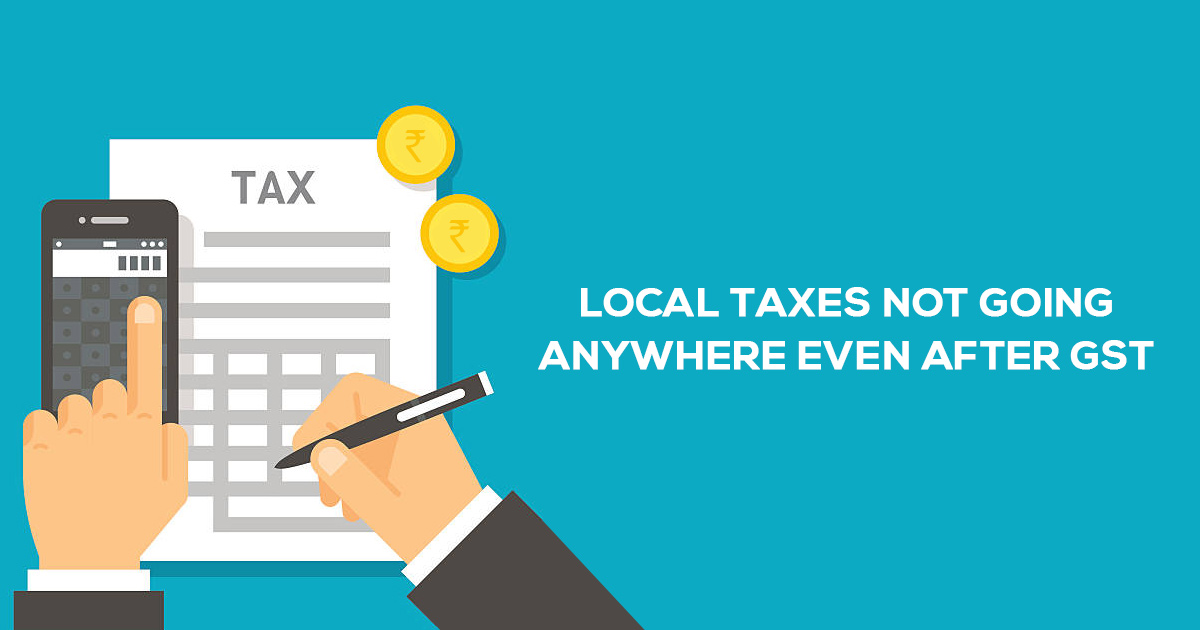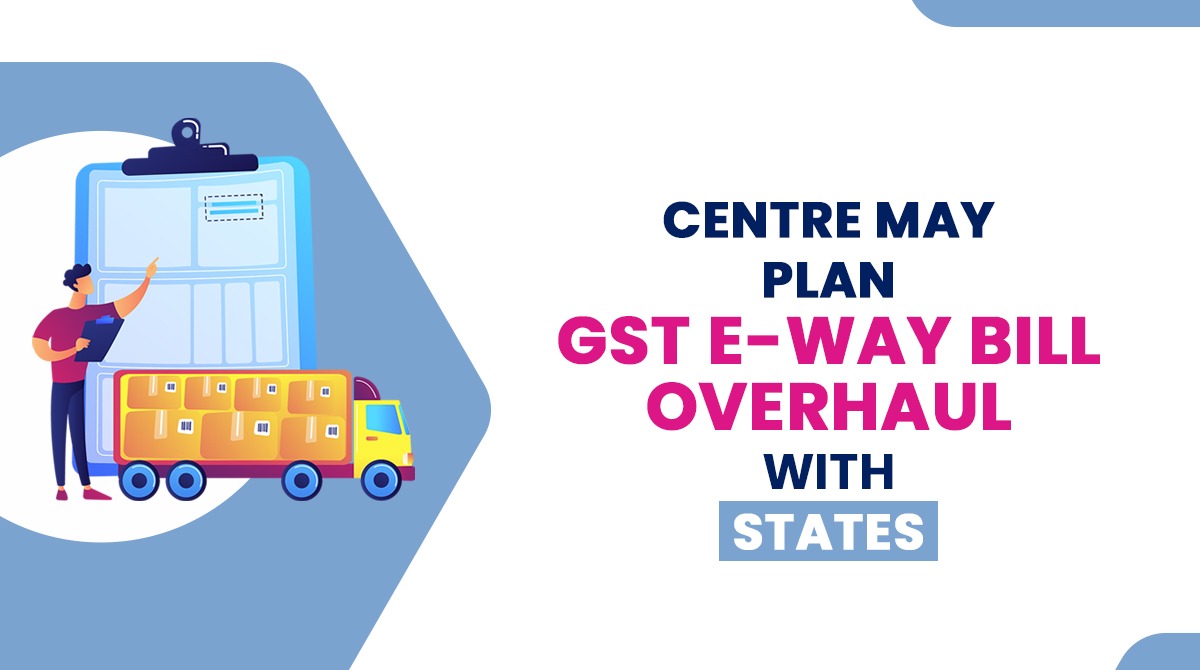Post-GST implementation, the regional authorities, and the state government have become restricted in terms of increasing the additional taxes as most of the taxes now covered under GST levy. The Authority for Advance Rulings (AAR), Uttarakhand faced questioning from the Regional Forest Officer, Dehradun on GST applicability on local levies.
MSS For Forest Road:
The mining companies in the forest region are charged with two kinds of fee. Marg Sudharan Shulk or MSS is accumulated and levied by the Forest Office. The private, commercial, non-government and commercial vehicles, who are engaged in mining work and use the forest road, have to pay the fee.
Marg Sudharan Shulk is accumulated for the wellbeing and maintenance of the forest road. Under Goods and Services Tax levy, the services like a bridge, road access with payable toll fee are added in the exempted services list.
A toll road is for private and public transport and fee is charged for passage. It is levied to assist the construction and maintenance cost of the road. In the current scenario, the AAR takes the MSS as nothing but the charges taken from the users of forest road, whereas toll charges are meant for forest road maintenance. Further, it was concluded that no GST would be charged on a date because the MSS is collected by the applicant.
Read Also: GST: Is it Really A Tool To Check Black Money or Not?
ABS For Forest Product:
Abhivahan Shulk or ABS is levied by the applicant for forest produce taken out by a user or person. According to the Uttarakhand Transit of Timber and Other Forest Produce Rules 2012, the AAR found that the person who wants to receive forest produce is needed to register and pay the fee with the Forest Department. Later, ABS will be charged based on quality and quantity of forest produce. The forest authorities issue a transit pass which is required to carry by the person carrying the forest produce.
Further, charges for road or water path are different and they also depend on the quantity and quality of the product. As mentioned under Section 2(102) of GST regime, the services other than mentioned in the exempted services list under Chapter 99 of GST Tariff, 2017 are chargeable for GST.
As these services are not covered in the exempted list, the Forest Office has to pay 18% GST on the Abhivahan Shulk under Service Code 9997 and termed as “other services”.
The AAR decision may face queries from the local levies. Local municipalities charge property taxes which have the same ingredients as the Abhivahan Shulk depending on sort of property the owners have.
Recommended: NAA Launches Helpline For GST Complaints Against Anti-profiteers
The Central Board of Indirect Taxes and Customs (CBIC) maintains the exempted and taxable transactions list under Goods and Services Tax regime and updates the same as well when the decisions are taken in this regard time to time. Taxpayers are familiar now that the list consisting taxable or exempt transactions cannot be short. They only demand that the list must be clear and extensive.











Madam, we are importing huge amount or raw cashew nuts from all over the world which are producing the same under CIF Terms, which means COST INSURANCE & FREIGHT. We use to pay Service Tax on Ship Freight on Imports as there is the actual value of Freight is not known calculation done on CIF Value with 75% of abatement and then for 25% we pay Service Tax @1.4% with Cess.
But under GST Regime we find that we are liable to pay IGST on Import Freight with a calculation of 10% of CIF Value and then to pay IGST 5% on 10% of the CIF Value. Kindly confirm whether this is the right way of calculation or not. For example, if CIF Value of Import is 100 and then 10% of 100 means 10 is the taxable value on that 5% IGST is payable. If we purchased under CIF Basis and paid IGST on CIF Value, whether ship freight attracts IGST and it seems to look like double taxation. If you are having any idea on this kindly revert on this.